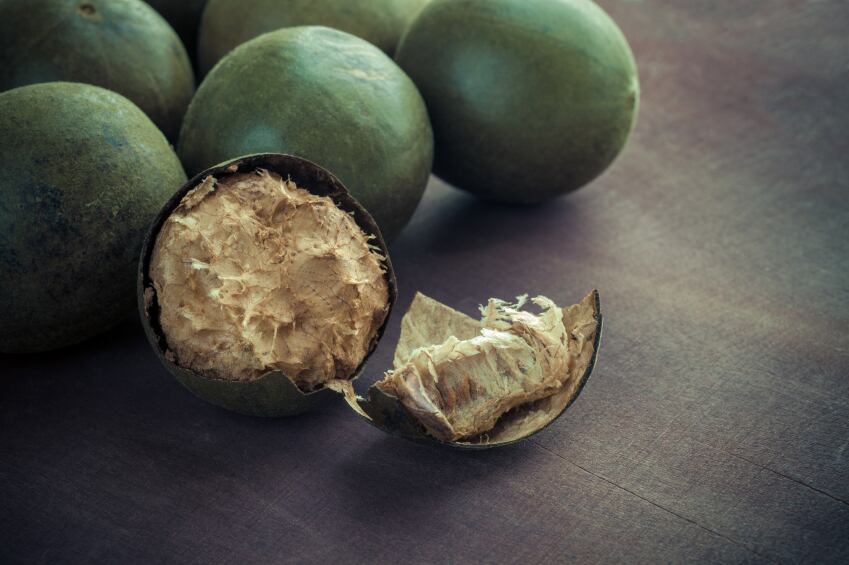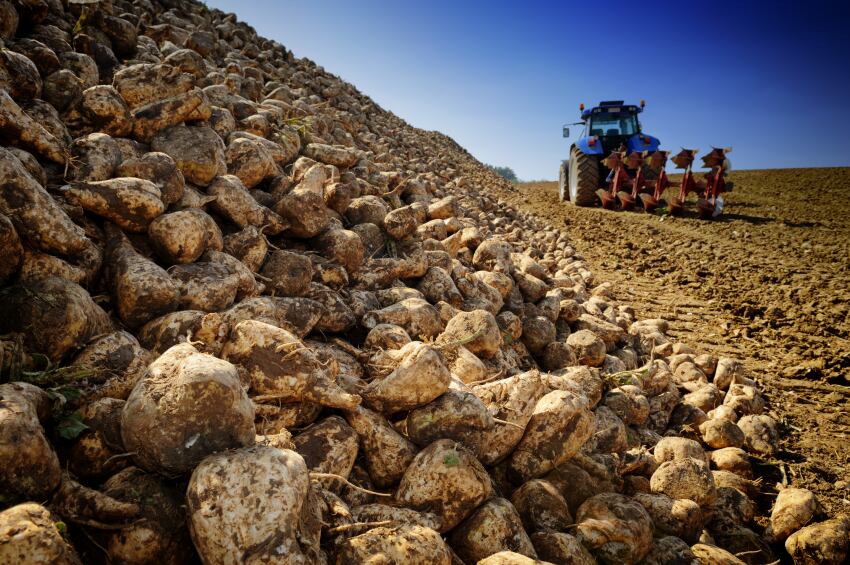Burgeoning rates of obesity and type 2 diabetes mean European consumers are increasingly health-conscious, fuelling demand for low-sugar and sugar-free sweeteners in the region, according to a recent report by market research firm Technavio, Global Sweetener Market 2016-2020.
Food and beverage analyst at Technavio Vijay Sarathi told FoodNavigator this can especially be seen in Germany and the UK which are the fastest growing markets for zero-calorie sweeteners.
“There is growing preference among EU consumers in using more of zero-calorie natural sweeteners, since Europe emerged as the third largest market for zero-calorie sweeteners in 2015, accounting for just over 18% market share of the $1.5 billion (€1.34 bn) global market,” he said.
On hold and unsold (for the moment)
But Sarathi also said that potential uptake of natural sweeteners is being held back by strict regulation at a European level. “The market is also characterized by stringent government regulations which raise challenges for vendors to expand their market. For instance, the monk fruit-based sweeteners are still not approved in the region. Hence, with ease in regulations and approval for new products, the zero-calorie sweetener market in Europe is expected to register growth during the forecast period.”

Low calorie sweetener allulose, sold under the brand name Dolcia Prima by Tate & Lyle, is not permitted in Europe, but has GRAS (Generally Recognized as Safe) status in the US, while stevia derived from fermentation, such as Cargill's EverSweet, is currently not approved for the EU market.
Stevia price wars
Extracted stevia, on the other hand, has been rubber stamped by EU food safety authority, EFSA, and has seen exponential growth in the past few years. Sarathi predicts stevia price wars due to the presence of numerous market players.
The resulting fall in price will make it an increasingly attractive choice for manufacturers.
“If stevia prices are set to drop, there will be increasing adoption of this plant based sweetener by food and beverage manufacturers globally. For instance, In 2014 PepsiCo launched a soda fortified with stevia that specifically targeted anti-sugar consumers. Similarly Coca-Cola Life and Sprite have also launched their soft drinks making use of stevia as an ingredient,” he said.
End of quotas: ‘A good future for the sweetener industry’
Meanwhile Europe’s sugar industry is about to be shaken up deregulation of another kind – the end of EU sugar quotas forecast for 2017.

This will spell the end of sugar production quotas, guaranteed prices for farmers and export limits and, as a result, Europe’s sugar prices are expected to fall to international levels.
“Liberalisation will shift the flows of sugar in and out of Europe thereby promising a good future for the sweetener industry. (…) The EU would soon become a net sugar exporter from net sugar importer.”
“Large producers, those mainly based in Germany and France, will be securing a foothold in the region since production costs of German and French beet sugar producers are among the lowest globally. Lifting of quotas also mean that there will be more sugar on the international market benefiting manufacturers,” said Sarathi.
Sugar producers have already begun to prepare. Tereos, the world’s fifth largest sugar producer, bought UK-based sugar distribution giant Napier Brown Sugar and has announced it will increase production by 20%.
FoodNavigator spoke to Alexandre Luneau, director of strategic marketing and risk management at Tereos, at FIE and asked what the liberalisation meant for them.
Luneau said: “It’s going to be a mega boom for the sugar industry in Europe (…). There’s going to be competition from fructose, or isoglucose as we call it here in Europe. We’re very much looking forward to that. We have been so far constrained in our growth and our production.”
“You will see parts of Europe [where] there will be a surplus of sweetening solutions, in other parts of Europe there will be deficits and therefore there’s going to be a lot more intra-Europe trade and move of goods.”
